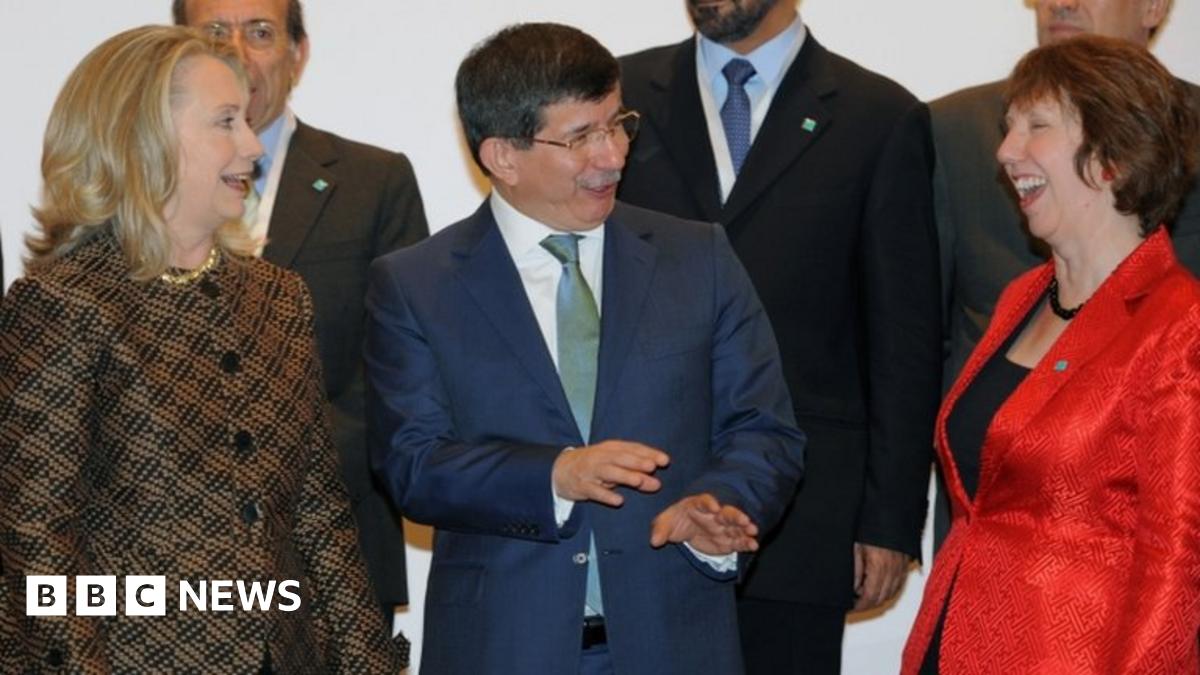Re: Bashar al-Assad, Syria and the Armenian people
1. More grist to the mill, Syrian ground crew could have been trained in Russia.
2. turc bully cries to class mates after getting face slapped, forgets situations in past with Greece & Cyprus etc. etc.
3. Perhaps now they'll realise that their continued incursions on land and in the air are pissing off some pretty serious people.
Originally posted by Vrej1915
View Post
2. turc bully cries to class mates after getting face slapped, forgets situations in past with Greece & Cyprus etc. etc.
3. Perhaps now they'll realise that their continued incursions on land and in the air are pissing off some pretty serious people.





 +
+  +
+ 



 (((
(((

Comment